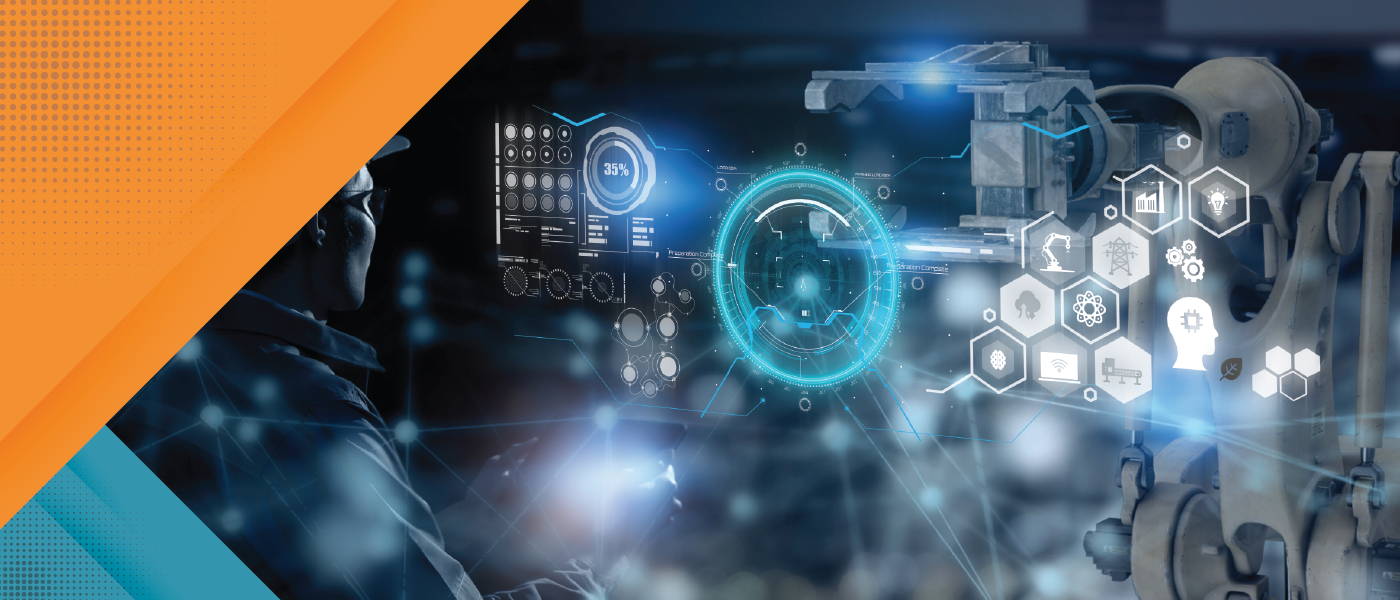


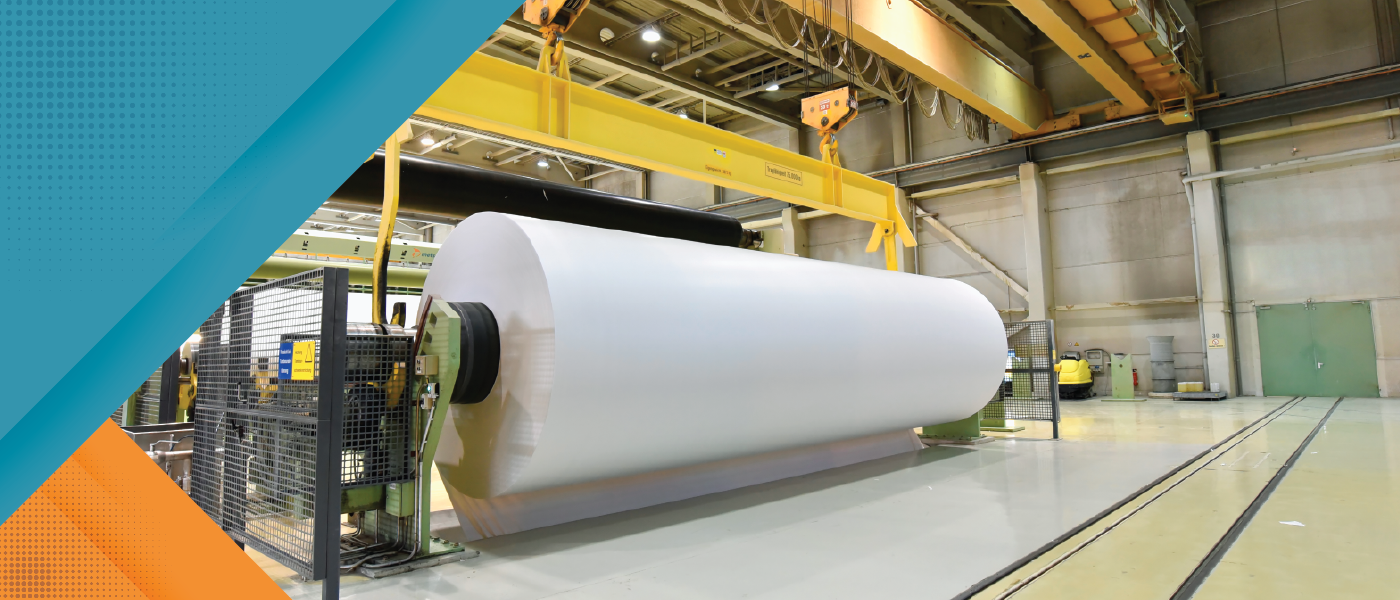


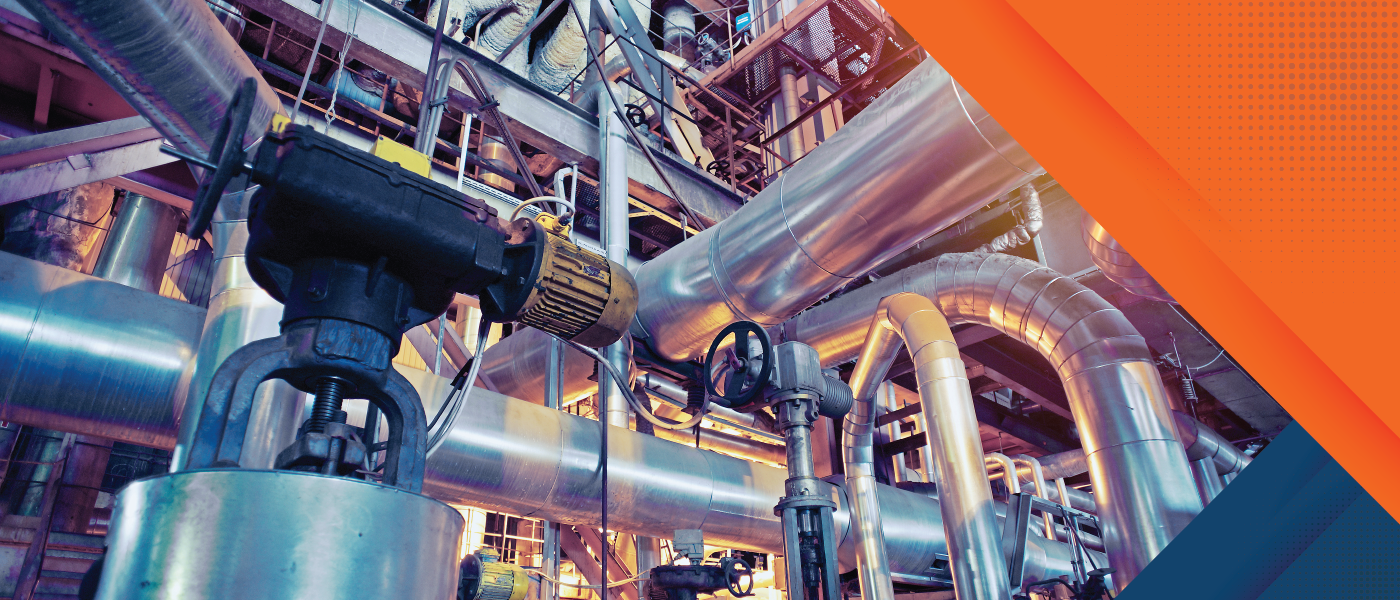

Explore how cloud deployments, artificial intelligence, machine learning, and digital technologies are shaping this sector. Examine the impact of major developments like the transition from reactive to proactive quality management and the use of a unified, platform-centric approach.
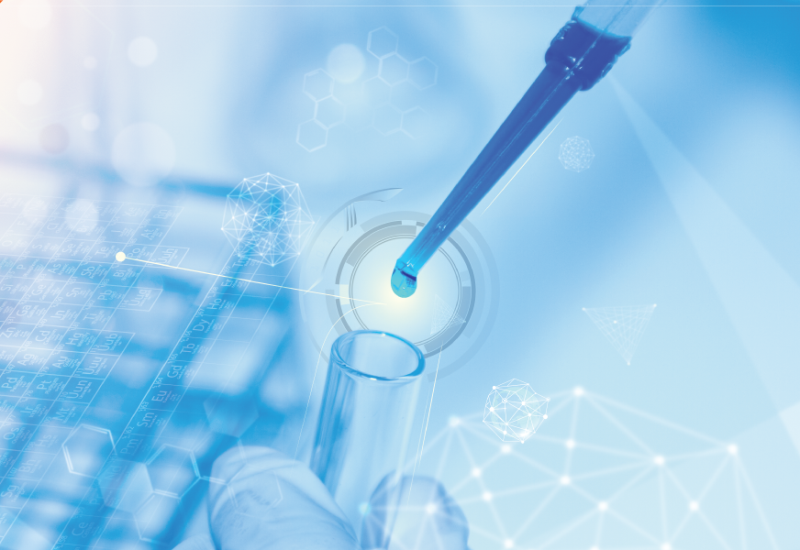
Assess the growth and transformation of various technologies in this sector, like chromatography, molecular analysis spectrometers, elemental analysis spectrometers, mass spectrometry, analytical microscopes, gas analyzers, liquid analyzers, X-ray instrumentation, and much more.
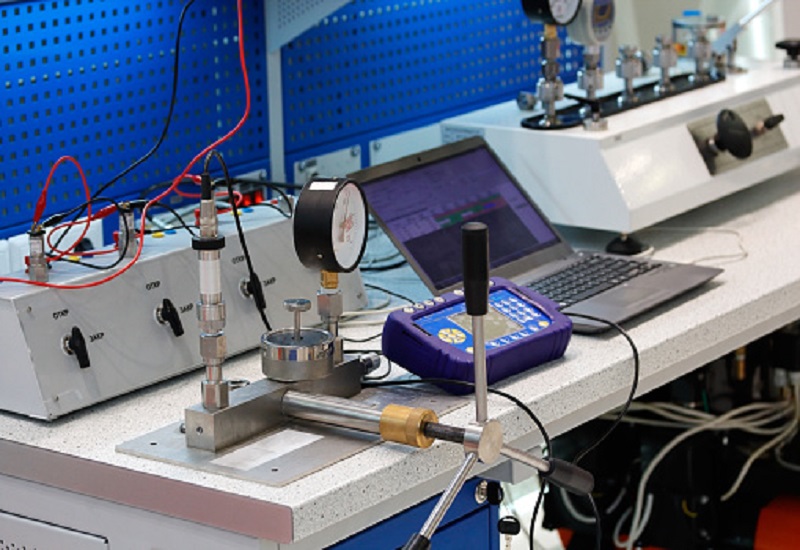
What are the key accessories, reagents, and standards that day-to-day activities in a laboratory require? How is the rising demand for measurement and automation driving this sector? Analyze the focus on sustainability in materials, manufacturing processes, and instrument designs.
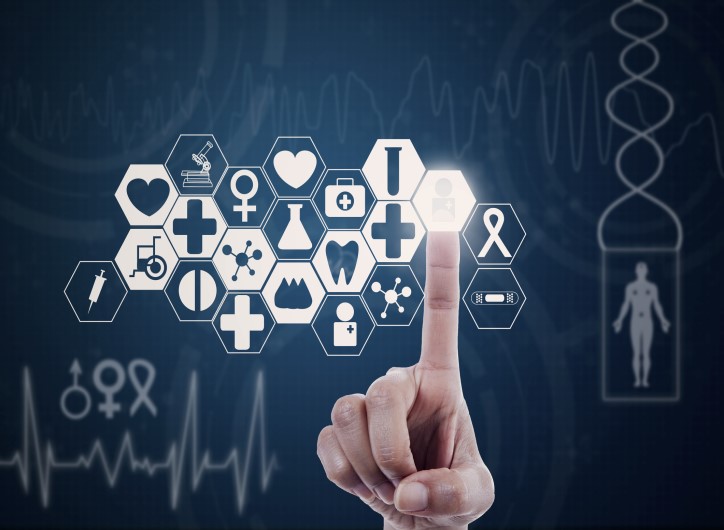
Changes in Care Delivery Models
Over the past five years, there has been an expansion in care delivery models in healthcare. Traditional healthcare providers are a leading force in this change, expanding their footprint geographically and in the range of services offered. Health systems have merged or acquired standalone facilities, bought primary care practices, opened urgent care centers to expand their reach and provide a lower-cost alternative to emergency rooms for after-hours issues, and partnered with ambulatory surgery centers as more procedures move out of hospitals. During the pandemic, almost every healthcare provider offered virtual visits to continue seeing patients, and many added remote monitoring services and hospital at-home programs to better track patients with chronic conditions or better manage post-acute care recovery.
Schedule a dialog or email us at myfrost@frost.com to connect with an industry expert at no charge. We are taking unprecedented action to make our team available to help you cut through the media and politics to get factual one-to-one guidance for the issues and opportunities that matter most to your business.

Explore growth factors like platform technologies and capabilities in artificial intelligence & machine learning
Read more Request Info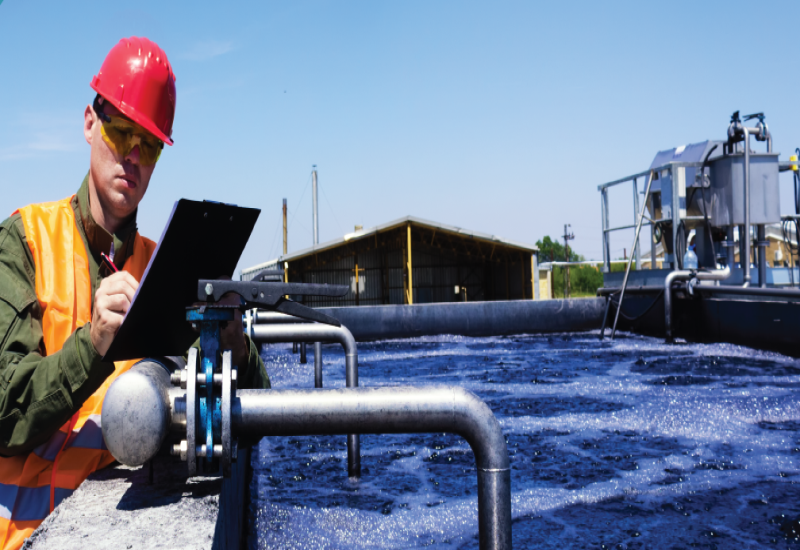
Examine new service-based models that will impact original equipment manufacturers’ growth prospects
Read more Request Info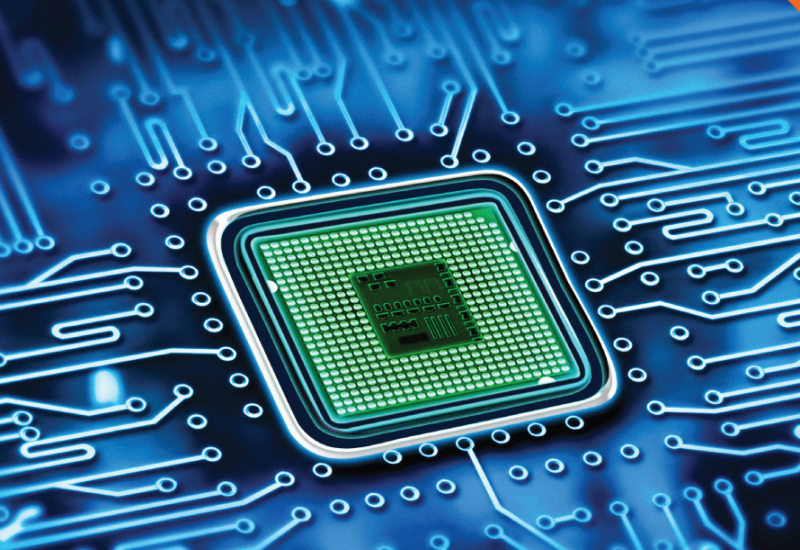
Get an analysis of the growth of various materials in this sector, like gallium nitride (GaN)
Read more Request Info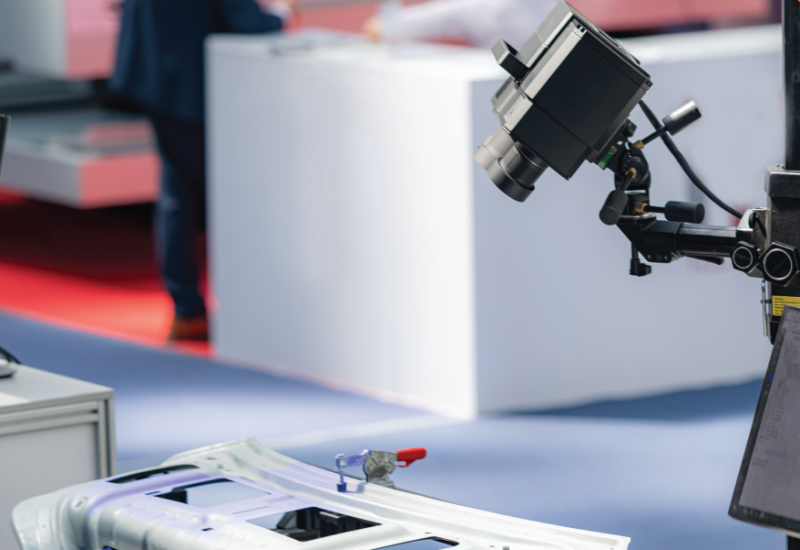
How does growing automation across various industries boost the demand for products in this sector?
Read more Request Info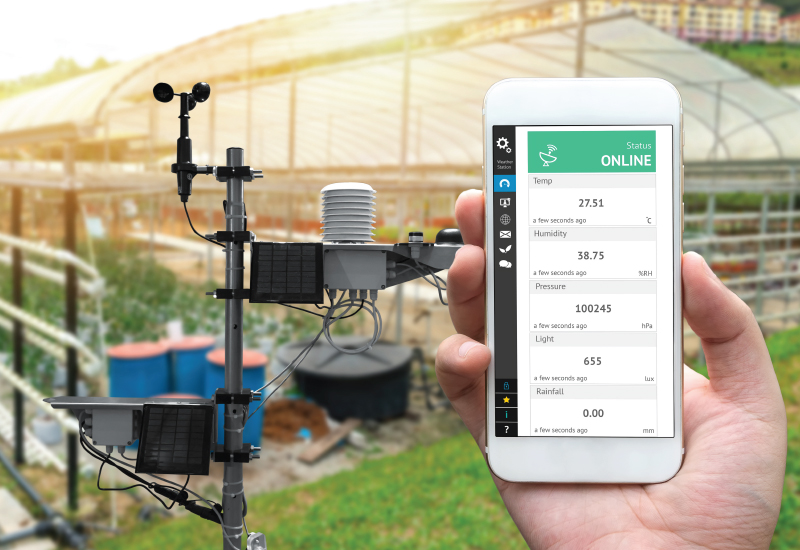
Evaluate disrupting technologies like chill mirrors, aluminum oxide, thin film capacitance, and more
Read more Request Info
How will the rebound in demand for semiconductor chips pave the way for rapid adoption?
Read more Request Info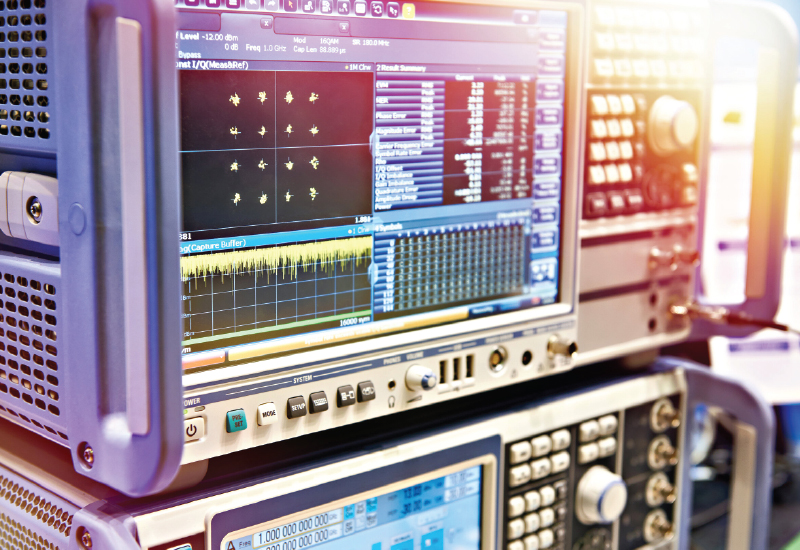
Find out how sustainability drives the transition from the Internet of Things to the Internet of Everything
Read more Request Info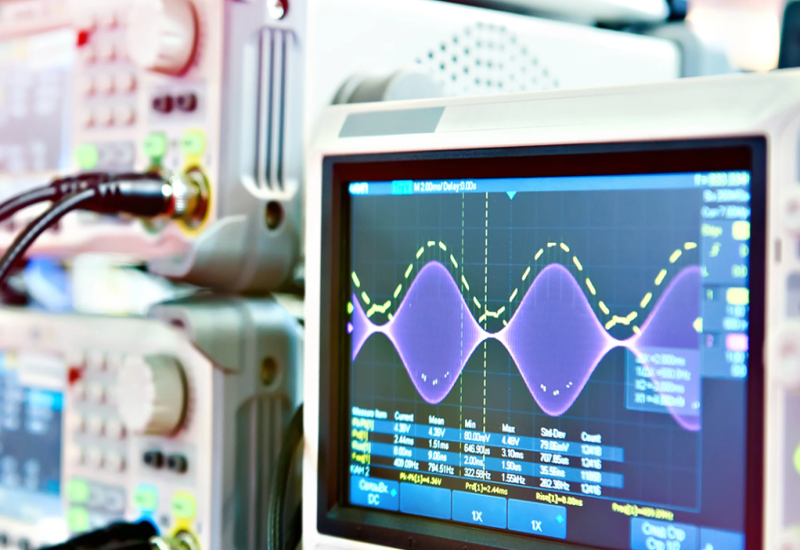
How will the growing use of connected electronic devices drive massive demand in this space?
Read more Request InfoImproved safety requirements across industries will drive the non-destructive testing (NDT) equipment space, inflating the demand for integrated software, according to Frost & Sullivan’s recent analysis of the global NDT software sector. As NDT software sales are predominantly tied to testing and inspection requirements across industries, the shift toward electric vehicles (EVs) and renewable energy will augment growth prospects. The NDT testing software sector is expected to reach $853.7 million by 2026 from $503.8 million in 2021, registering expansion at a compound annual growth rate (CAGR) of 11.1%.
Read more
The global automotive space has witnessed a rapid demand surge for EVs over the past two years. Despite the severe impact of the COVID-19 pandemic, EV sales saw record growth in 2020 and 2021. For instance, in 2021, global EV sales (BEVs and PHEVs) totaled about 5.8 million units, exhibiting a growth of about 79.3% over 2020. It is expected to witness continuous double-digit growth over the next five years.
Read more
Increasing industry convergence and the emergence of innovative technologies revolutionize the global building management system (BMS) sector. Frost & Sullivan’s recent analysis of the global building management systems sector finds that the need to ensure occupants’ safety and comfort encourages BMS participants to focus on the digitalization of buildings. The global BMS growth will likely reach $5.15 billion by 2026 from $3.52 billion in 2021, witnessing expansion at a compound annual growth rate (CAGR) of 7.9%.
Recently, Frost & Sullivan assessed the 5G new radio (NR) drive test solutions, and, based on its findings, recognizes Infovista with the 2022 Global Industry Leadership Award. The company supports networks ranging from second-generation, third-generation, and fourth-generation long-term evolution (LTE) and LTE advanced technologies to 5G deployments. With its longevity and expertise in drive test solutions technologies, Infovista is well-positioned to support organizations transitioning to 5G. The company’s innovative, end-to-end network testing solutions for existing and next-generation communication systems and operations span the entire network lifecycle.
Based on its recent analysis of the North American Goods-to-person Robotics Technology Sector, Frost & Sullivan recognizes inVia Robotics with the 2022 Technology Innovation Leadership Award for creating a sophisticated, autonomous robotics-as-a-service (RaaS) picking system, boosting warehouse management performance while reducing production costs. inVia Robotics is a pioneering US-based technology company that has been delivering futuristic robotic warehouse automation services for global distribution centers since 2015.
Read more